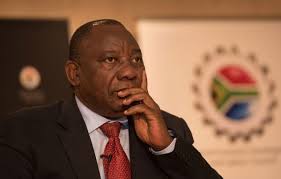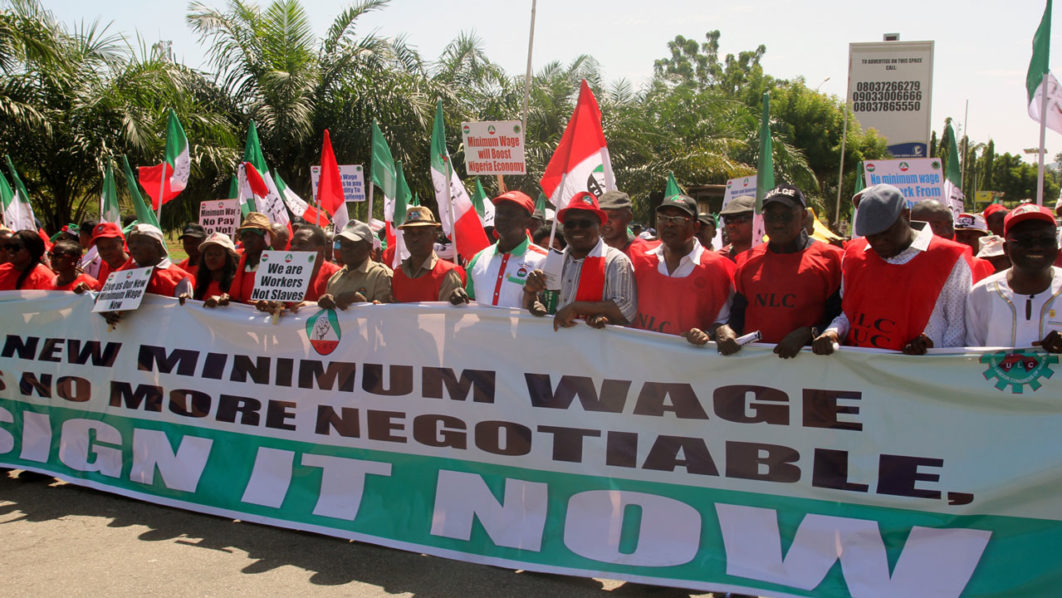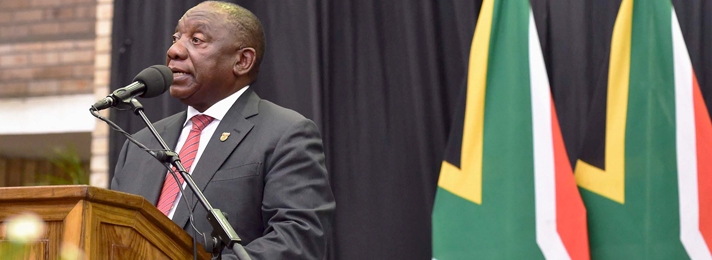Chair of African Union (AU) and President Cyril Ramaphosa of South Africa, has raised an issue of urgent continental importance, saying the free trade dream under the implementation of the African Continental Free Trade Area (AfCFTA) may suffer early defeat if nations fail to upgrade their infrastructure.
Speaking in his keynote address at the AU Heads of State and Government meeting in Addis Ababa, Ethiopia, President Ramaphosa argued that Africa’s domestic priorities which cut across digital economic transformation, job creation and the consolidation of the social wage through reliable and quality basic services will depend on a politically stable and economically growing Africa where infrastructure matches with target productivity.
Giving more emphasis on the closeness of AfCFTA takeoff in July 2020, he declared that the effective implementation of the ‘AfCFTA will only become a reality if infrastructure within continent is developed’
“We know that AfCFTA will only become a reality if the infrastructure between African countries is developed. Infrastructure is at the core of Africa’s social, economic and political challenges. It is crucial for sustainable development and inclusive growth, and for diversification through industrialisation and value addition.
“As the Champion of the Presidential Infrastructure Champion Initiative under NEPAD, South Africa has a critical role to play – and must act on the opportunity presented – in profiling infrastructure development in support of the AfCFTA.
“Together with our fellow African countries, we must implement the AfCFTA agreement with purpose and determination. We must undertake the detailed work, extensive consultation and complex negotiations required to give life to this agreement.
“In this regard, South Africa will work with President Issoufou of Niger, who is the AU Champion on Continental Economic Integration. This work is directed towards the social and economic development of the Continent and the realisation of a prosperous Africa based on inclusive growth and sustainable development”, Ramaphosa added.
South African president made it clear that infrastructure is at the core of Africa’s social, economic and political challenges, as well as crucial for sustainable development and inclusive growth, and for diversification through industrialisation and value addition.
Business Hilights recalls even though President Muhammadu Buhari had earlier signed for Nigeria’s readiness, top stakeholders’ in Nigeria’s organised private sector have continued to raise red flag on the challenges posed by production infrastructure deficiency.
The summary of Lagos Chamber of Commerce and Industry (LCCI) and Manufacturers Association of Nigeria (MAN) fears is that the current sorry state of infrastructure in the country remains a major bottleneck to the implementation of the trade agreement.








